The Mental Health Burden of Concussions
Concussions have well-known physical symptoms, like headaches, but we rarely talk about the emotional burden after a head injury. Read on to explore the mental health side effects that can arise with a concussion.
Concussions are the most common type of traumatic brain injury and have a range of well-known physical side effects. However, concussions can cause mental side effects too. A concussion occurs when the brain is injured from impact. The impact does not have to be to the head, sometimes a hit to the body can cause the brain to hit the skull, resulting in a concussion. This causes a temporary disruption in brain function, leading to a variety of physical, cognitive, and emotional symptoms.
The mental health side effects of concussions can be particularly debilitating, affecting an individual's ability to function normally in their daily life. These side effects can range in severity and duration, with some symptoms appearing immediately following the injury and others emerging weeks or even months later. Concussions not treated in the initial stages of injury may result in more of an emotional burden.
We looked at the last 50 concussion patients in our North Dakota location and found that 40% of those with an acute concussion reported mental health/emotional health related symptoms. That number rose to 90% when we looked at our Post-Concussion (PCS) patients. Below are some of the most common mental health side effects associated with concussions:
Depression
One of the most common mental health side effects of concussions is depression. Symptoms of depression may include feelings of sadness, hopelessness, and a lack of interest in activities that were previously enjoyed. Depression can also lead to changes in appetite, sleep patterns, and energy levels.
Anxiety
Another common mental health side effect is anxiety. This may present as feelings of nervousness, restlessness, or an overall sense of unease. Individuals may also experience panic attacks or feel overwhelmed by daily stressors. Irritability is another common side effect, but it is often seen in conjunction with more common anxiety or depression related symptoms. This can manifest as increased agitation, a short temper, or difficulty regulating emotions. Mood swings may also occur, with individuals experiencing rapid shifts in emotional states.
Sleep
Sleep disturbances are also common after a concussion, with individuals experiencing difficulty falling asleep, staying asleep, or sleeping too much. Fatigue during the day is also common, with individuals feeling tired or lacking energy when performing their normal tasks.
Cognition and Concentration
Cognitive symptoms such as difficulty concentrating, and memory problems may also occur. This can make it challenging to focus, pay attention, or remember things. These symptoms can be particularly challenging for individuals who need to perform complex tasks in their daily life, such as those required for work or school.
If you or anyone you know has experienced any of the symptoms listed above after taking a hit to the head (recently or even months/years in the past) hyperbaric oxygen therapy is a treatment option. Please call and schedule a consultation. We may be able to alleviate your symptoms.
